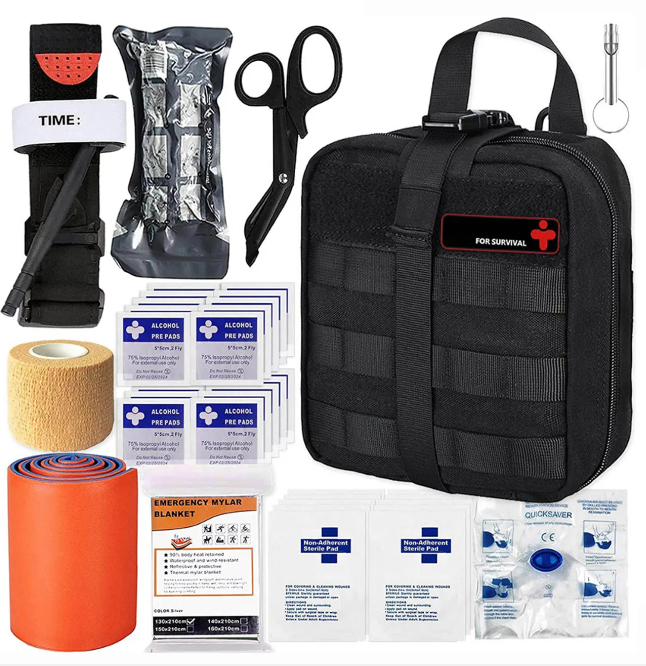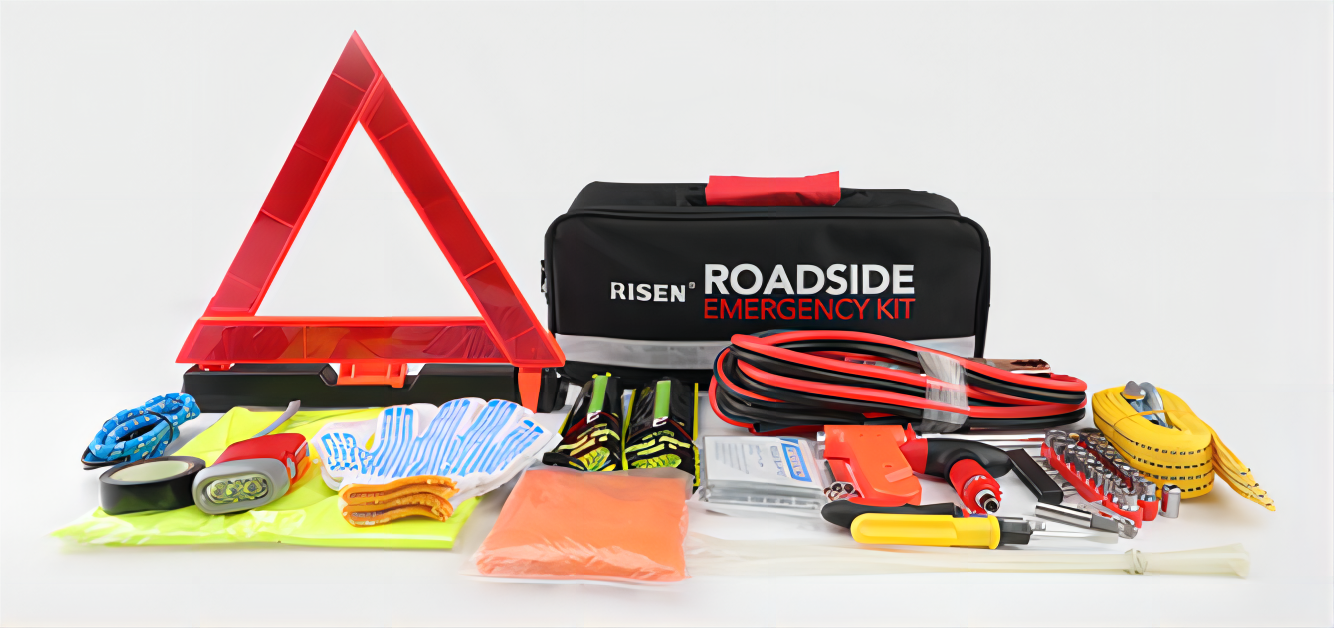
GET A QUOTE
How Many First Aid Kits Are Needed?
Understanding First Aid Kits
Definition and Components
A first aid kit is a portable box containing essential medical supplies for treating minor injuries and illnesses. It serves as a first line of defense in emergency situations, allowing individuals to administer prompt care. Understanding the components of a first aid kit is vital for ensuring its effectiveness. From bandages to antiseptic creams, each item plays a crucial role in providing timely assistance.
Importance of Accessibility
Strategic placement of first aid kits is key to their effectiveness. Whether at home, work, or on the go, easy accessibility is essential for quick response. Placing first aid kits in easily accessible locations ensures that anyone, regardless of age or physical ability, can reach them in times of need. This ensures that assistance can be provided promptly, minimizing the impact of injuries and illnesses.
Factors Influencing the Number of First Aid Kits
Size and Layout of the Home
The size and layout of your home play a crucial role in determining the number of first aid kits needed. In smaller homes, one well-stocked kit may suffice, whereas larger homes or those with multiple floors may require several kits strategically placed throughout the premises. Accessibility is key, ensuring that no area of the home is too far from a first aid kit in case of an emergency.
Lifestyle and Activities
Your lifestyle and daily activities also influence the need for first aid kits. Engaging in outdoor activities such as hiking, camping, or sports increases the risk of minor injuries. In such cases, having a compact, portable first aid kit designed for outdoor use is essential. Similarly, workplaces with higher risks of injuries, such as construction sites or workshops, may require specialized first aid kits tailored to address specific hazards. By assessing your lifestyle and activities, you can better determine the number and type of first aid kits needed to meet your needs effectively.
Guidelines for First Aid Kit Placement
Home
Strategic placement of first aid kits within your home is crucial for quick access during emergencies. The kitchen, being a common area where injuries occur, should have a readily accessible first aid kit stocked with essentials like bandages, antiseptic wipes, and pain relievers. Additionally, consider placing kits in other high-risk areas such as the garage, where tools and equipment pose potential hazards.
On the Go
Whether you're traveling or enjoying outdoor activities, having a first aid kit on hand can be a lifesaver. Compact and portable kits designed for travel or outdoor use should include essentials like adhesive bandages, tweezers, and antiseptic ointment. For added convenience and preparedness, consider keeping a first aid kit in your car, ensuring you're equipped to handle minor injuries while on the road.
Work
Workplaces, including offices and industrial settings, should prioritize safety by providing easy access to first aid kits. In office spaces, place kits in easily accessible locations such as break rooms or common areas. For workplaces with specific hazards, such as workshops or construction sites, specialized first aid kits tailored to address potential injuries should be readily available. By strategically placing first aid kits in these environments, you can ensure prompt and effective response to workplace injuries.
Maintenance and Regular Checks
Importance of Stocking
Keeping your first aid kits well-stocked is essential to ensure they're ready for use when needed. Make sure your kits contain necessary supplies such as bandages, gauze pads, adhesive tape, and antiseptic wipes. Regularly check and replenish supplies to maintain the kit's effectiveness. Additionally, pay attention to expiry dates on medications and perishable items, replacing them as needed to ensure potency and safety.
Regular Inspections
Performing regular inspections of your first aid kits is crucial for their reliability. Schedule routine checks to assess the condition of supplies, equipment, and packaging. Look for signs of damage or contamination and replace any compromised items promptly. Keep a record of inspection dates and findings to track the maintenance history of each kit. By staying proactive with regular inspections, you can ensure that your first aid kits are always prepared to provide timely assistance in emergencies.
Conclusion
Prioritizing the presence of well-equipped first aid kits is crucial for ensuring prompt and effective response to emergencies. By understanding the factors influencing the number of kits needed and following guidelines for strategic placement, individuals can enhance their preparedness for unforeseen situations both at home and in various settings.
At RisenMedical, we recognize the importance of tailored solutions to meet diverse needs. That's why we offer a range of Individual First Aid Kit (IFAK) products and accessories designed to address specific requirements. Whether you're looking for standard kits or customized solutions, we provide OEM, ODM, and OBM solutions to deliver a personalized experience. Our commitment to quality and innovation ensures that our products not only meet but exceed expectations, providing peace of mind in times of crisis.
Choose RisenMedical for your first aid needs and experience the difference of personalized care and reliability.


